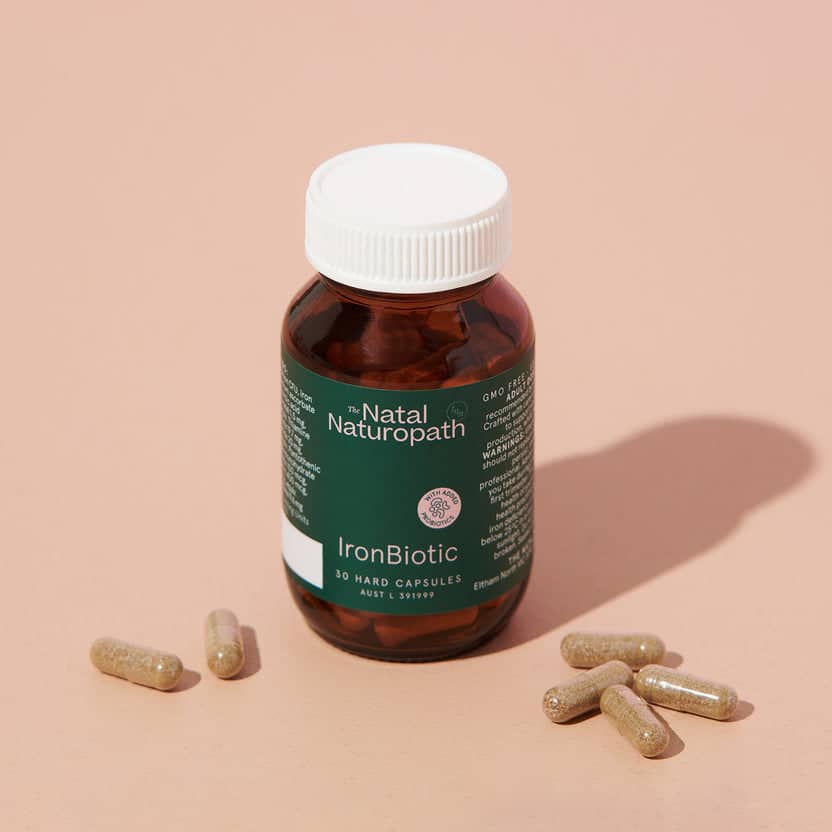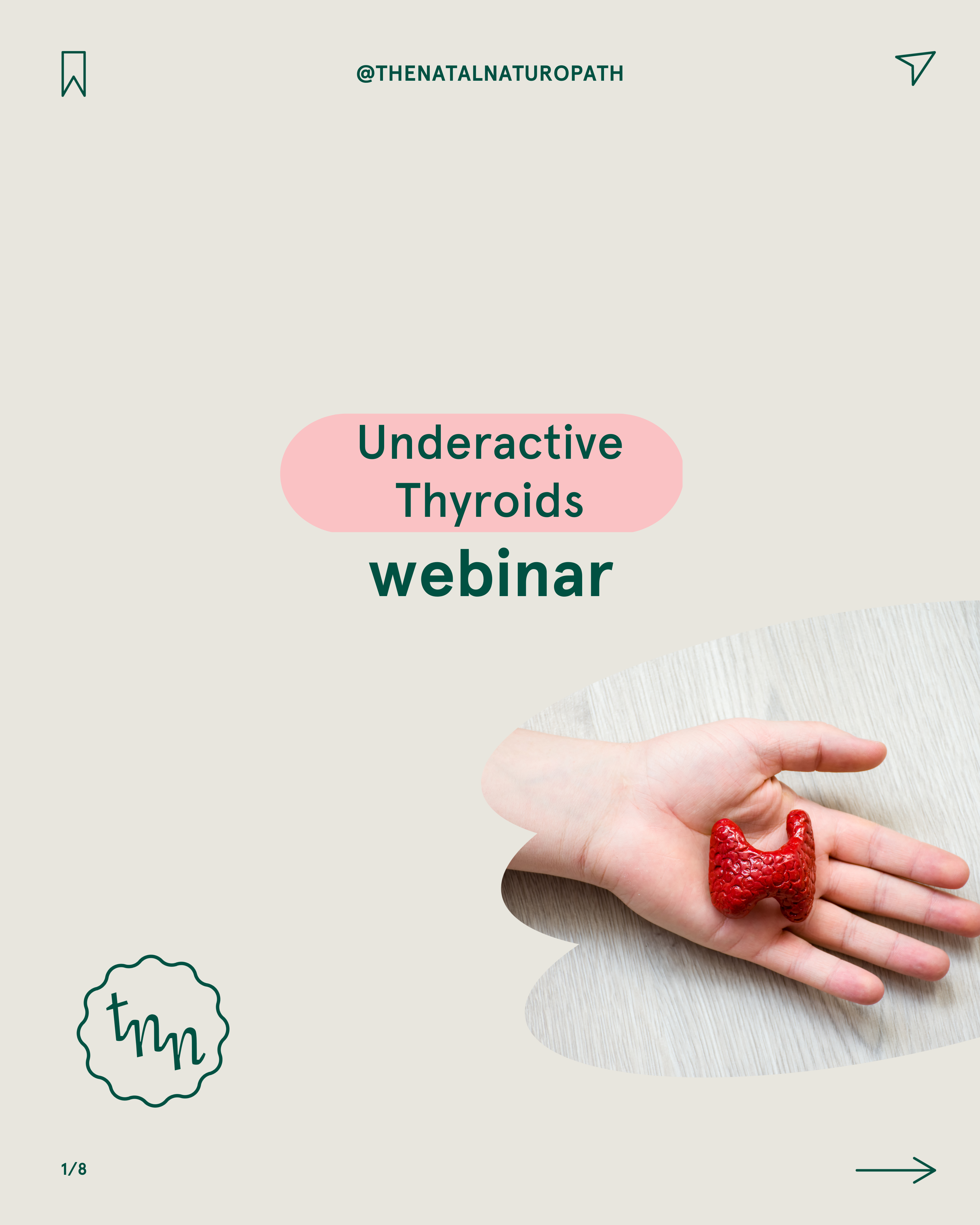Why Is Magnesium Important For Pregnant Women?
Magnesium is often hailed as a powerhouse mineral, playing a crucial role in various bodily functions essential for women's health throughout their lives. From adolescence to adulthood, magnesium is involved in hundreds of biochemical reactions, influencing everything from energy production to muscle function and hormonal balance.
The Importance of Magnesium for Women
For women, maintaining optimal magnesium levels is particularly vital due to its impact on hormonal health, bone density, cardiovascular function, and mood regulation. Many women experience fluctuations in magnesium levels during different stages of life, including menstruation, pregnancy, and menopause. Insufficient magnesium intake can lead to symptoms such as fatigue, muscle cramps, irritability, and hormonal imbalances, underscoring the importance of adequate magnesium consumption.
Magnesium During Pregnancy and Postpartum
During pregnancy, the demand for magnesium significantly increases to support the developing fetus and ensure maternal health. Magnesium plays a crucial role in fetal development, bone formation, and regulating maternal blood pressure, reducing the risk of complications such as preeclampsia and preterm labour. Additionally, adequate magnesium intake during pregnancy can help alleviate common discomforts like leg cramps, constipation, and muscle spasms.
In the postpartum period, magnesium continues to be essential for women's health, supporting recovery, breastfeeding, and hormonal balance. Maintaining adequate magnesium levels can help prevent postpartum depression, support lactation, and aid in restoring energy levels depleted during childbirth.
Getting Magnesium Through Your Diet
Meeting daily magnesium requirements through dietary sources is achievable with a balanced and varied diet. Here are some magnesium-rich foods and their approximate magnesium content per serving:
- Leafy Greens: Spinach, kale, and Swiss chard are excellent sources of magnesium. One cup of cooked spinach contains approximately 157 milligrams of magnesium.
- Nuts and Seeds: Almonds, cashews, pumpkin seeds, and sunflower seeds are rich in magnesium. A quarter cup of almonds provides around 97 milligrams of magnesium.
- Whole Grains: Whole grains like brown rice, quinoa, and oats are good sources of magnesium. One cup of cooked quinoa contains approximately 118 milligrams of magnesium.
- Legumes: Beans, lentils, and chickpeas are magnesium-rich legumes. One cup of cooked black beans provides about 120 milligrams of magnesium.
- Avocado: Avocado is not only a healthy source of fats but also contains magnesium. One medium avocado contains approximately 58 milligrams of magnesium.
- Dark Chocolate: Indulging in dark chocolate can also boost your magnesium intake. One ounce of dark chocolate with 70-85% cocoa solids contains approximately 64 milligrams of magnesium.
- Bananas: Bananas are not only a convenient snack but also a good source of magnesium. One medium banana contains around 32 milligrams of magnesium.
Incorporating these magnesium-rich foods into your daily meals can help ensure you meet your daily magnesium needs, supporting your overall health and wellbeing as a woman. Remember to focus on a balanced diet rich in whole foods to reap the maximum benefits of this essential mineral.
Supplementing with MitoMag
For women who may struggle to obtain sufficient magnesium through diet alone or who require additional support during pregnancy or postpartum, supplementation can be beneficial. MitoMag is a premium magnesium supplement formulated with highly bioavailable magnesium bisglycinate, designed to support optimal magnesium levels and promote overall health and wellbeing. By incorporating MitoMag into your daily routine, you can ensure you're meeting your body's magnesium needs, supporting your health and vitality as a woman.




 You're only $120.00 away from unlocking free shipping
You're only $120.00 away from unlocking free shipping



